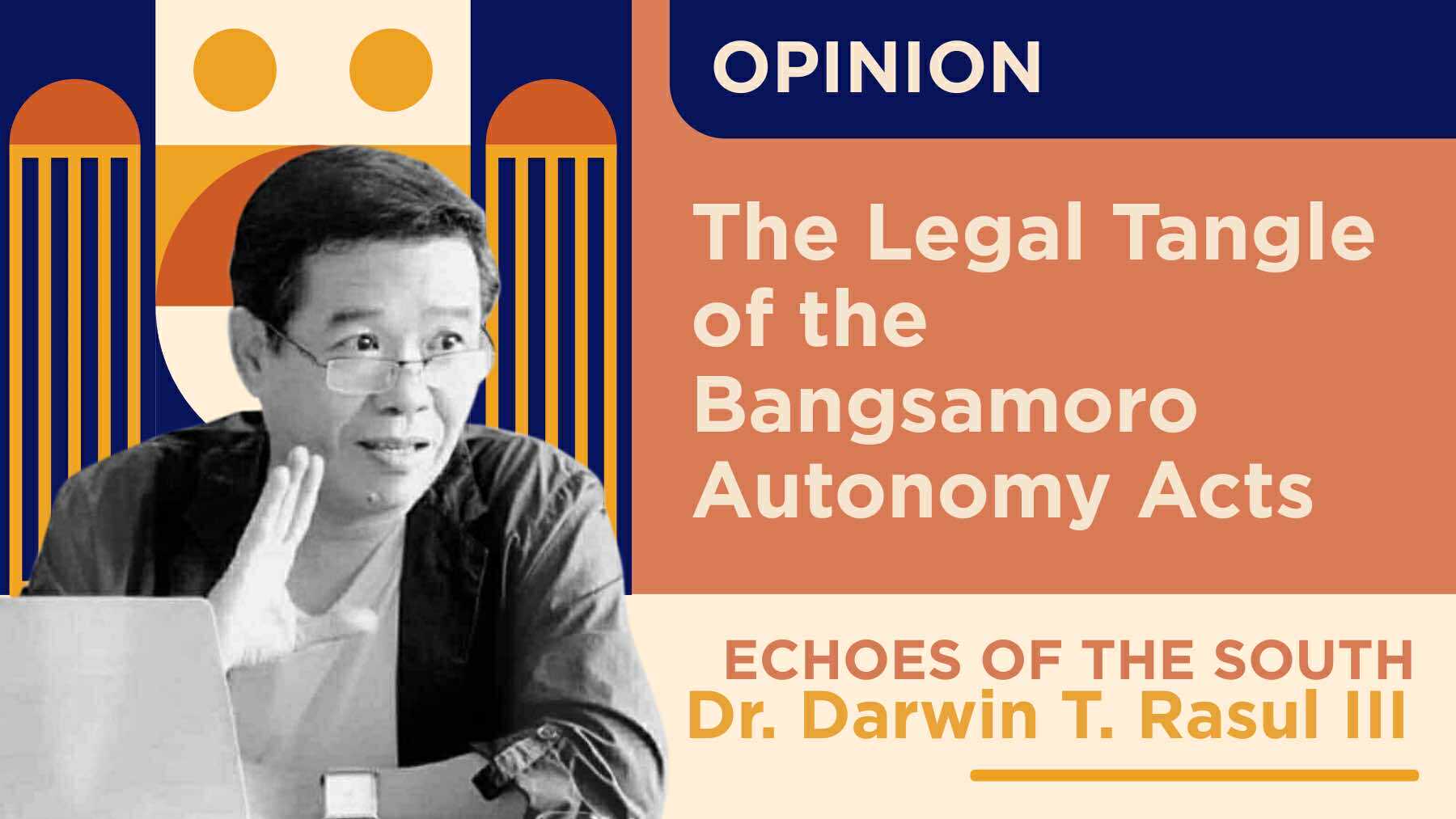(Second of a series)
At the heart of the controversy is how the TRO has been interpreted. By suspending BAA 77, the Supreme Court effectively left BAA 58 in place as the operative law. This meant COMELEC still had a clear legal framework to continue preparations while awaiting a final judgment. Instead, the Commission treated the TRO as a blanket prohibition, freezing all electoral activity. The result is that voters in BARMM are once again left waiting to exercise a right long promised but repeatedly deferred.
The first delay of the BARMM elections came with BAA 58, which moved the polls from 2022 to 2025. Later, BAA 77 replaced it and again changed the timelines and governance setup. The main legal question now is whether BAA 77 is constitutional. Those challenging it say Congress went too far by repeatedly postponing elections, while its supporters argue that Congress has the power to do so because of the region’s special circumstances.
If the Supreme Court later rules that BAA 77 is unconstitutional, the question is whether the earlier law, BAA 58, automatically comes back. The answer is no. When a law is repealed, it does not revive on its own unless Congress clearly says so. This is because under the principle of statutory construction, a later law that covers the same subject and conflicts with an earlier one is deemed to repeal it. Lawyers call this 'implied repeal', based on the maxim "leges posteriores priores contrarias abrogant" (later laws repeal earlier contrary laws).
In this case, BAA 77 replaced BAA 58, and the two laws cannot be enforced at the same time. That is why BAA 58 is considered repealed by the enactment of BAA 77, even if the repeal was not expressly written. As a result, if BAA 77 falls, or declared unconstitutional by the High Court, BAA 58 does not automatically return, leaving RA 11054 (the Bangsamoro Organic Law) and RA 12123 as the controlling statutes, both of which set October 13 as the lawful election date.
This situation creates uncertainty for the Commission on Elections (COMELEC). On paper, the law points to an October 13 election but in practice, COMELEC says it cannot realistically make this happen. Part of this difficulty comes from COMELEC’s own approach. Once BAA 58 was deemed repealed by BAA 77, the Commission slowed down preparations, waiting for clarity on the new law. If it had continued with the groundwork under the earlier schedule, it would not now be caught in a race against time.
Responsibility also falls on Congress. RA 12123 grants lawmakers the authority to move the election date if October 13 proves unworkable. Yet repeated postponements risk undermining both the credibility of the Bangsamoro transition and the sincerity of Manila’s promise of meaningful self-rule.
In the end, the legal battle over BAA 77 is more than a technical dispute. Its outcome will decide not only which law governs the elections, but also whether the people of BARMM can finally cast their votes on schedule or face yet another delay. The decision carries weight for the credibility of democratic processes in the region and for public trust in both Congress and the electoral system.
(To be continued)
#WeTakeAStand #OpinYon #OpinYonColumn #EchoesoftheSouth

